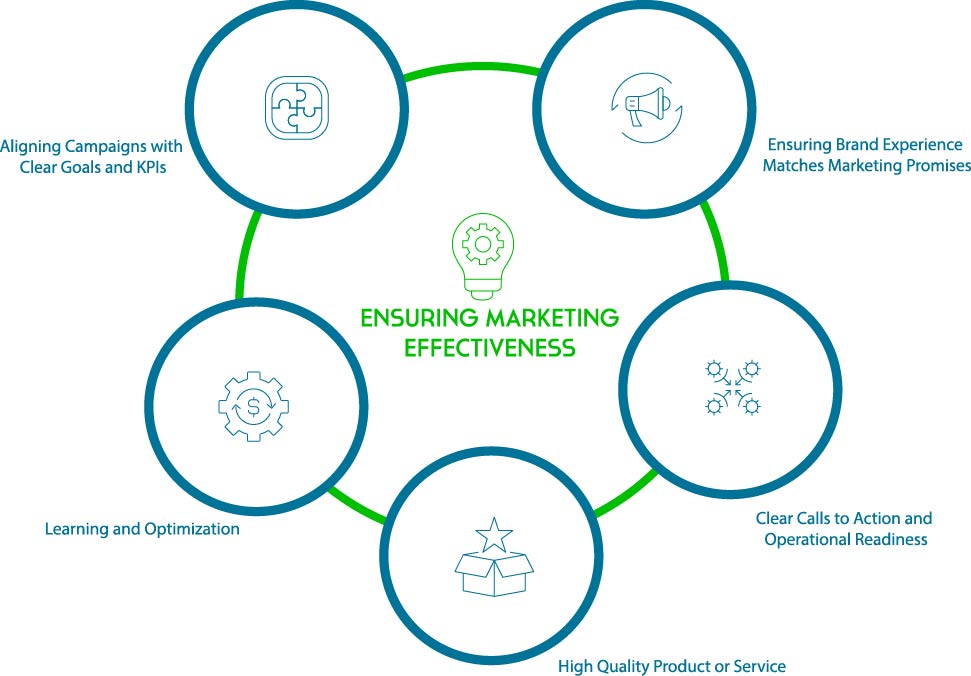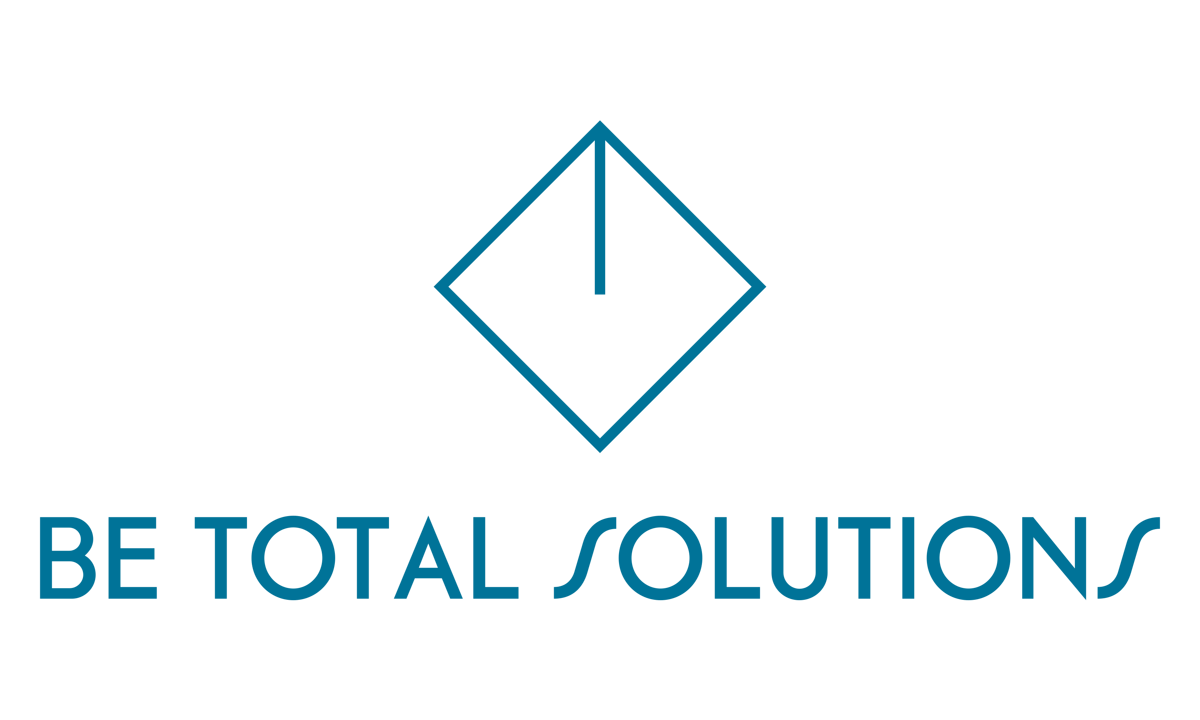Unlocking Marketing Effectiveness: A Blueprint for Success

I am often asked how to measure campaign success or how to know that a marketing campaign will be successful. Marketing effectiveness is crucial, and it's determined long before a campaign even launches. Let’s dive into the key elements that can transform your marketing efforts from mediocre to masterful.
1. Aligning Campaigns with Clear Goals and KPIs
A campaign's success is rooted in its alignment with specific goals and Key Performance Indicators (KPIs). Before launching, ask yourself: Is the goal to build brand awareness or drive sales? It’s tempting to aim for both, but the reality is that an effective campaign must focus on a singular objective.
Brand Awareness: If the goal is to make your brand known, KPIs might include social media reach, website traffic, and engagement rates.
Sales: For driving sales, focus on conversion rates, the number of leads generated, and overall revenue growth.
By clearly defining your goal and corresponding KPIs, you set a solid foundation for evaluating the campaign's effectiveness.
2. Ensuring Brand Experience Matches Marketing Promises
Marketing sets expectations. If your campaign promises same-day appointments, then that promise must be met consistently. Failure to align the brand experience with marketing messages can erode trust and damage your brand’s reputation.
Consider this: Imagine you run a local medical clinic and your marketing touts "same-day appointments guaranteed." If patients frequently find themselves unable to book an appointment until the next day, they’ll lose faith in your promises, no matter how compelling your ads are.
3. Clear Calls to Action and Operational Readiness
Every marketing campaign needs a clear call to action (CTA). Whether it’s "Call now for a free consultation" or "Visit our website to learn more," the CTA guides potential customers on what to do next. But a CTA is only as effective as your ability to respond.
Operational Process: Ensure there’s a robust system in place to handle inquiries. If your CTA is to call, make sure someone is ready to answer the phone promptly and knowledgeably.
Response Mechanisms: For online CTAs, automate responses where possible, but also have human follow-up to build rapport and trust.
4. Learning and Optimizing
The work doesn’t stop once a campaign is live. Continuous improvement is key to long-term success. Analyze the data and feedback to uncover what worked and what didn’t. This approach allows you to optimize not only your marketing campaigns but also your operations.
Campaign Insights: Evaluate metrics against your KPIs to determine effectiveness. Did you achieve your goal?
Operational Improvements: Marketing campaigns often highlight operational weaknesses. Use this insight to refine your processes.
5. Quality of Product or Service
Even the best marketing campaign cannot compensate for a subpar product or service. Ensure your offerings are top-notch and meet customer expectations. A great product paired with effective marketing is a powerful combination.
Conclusion
For CEOs of mid-size to small businesses, the journey to effective marketing requires a strategic approach. By aligning your campaigns with clear goals, ensuring your brand experience matches your promises, having a robust operational response, continuously learning, and offering a quality product or service, you can significantly enhance your marketing effectiveness.
At BE Total Solutions, we specialize in helping businesses like yours optimize and develop strategic marketing solutions. Let us help you unlock your full potential and achieve measurable results. Contact us today to learn how we can elevate your marketing efforts.
